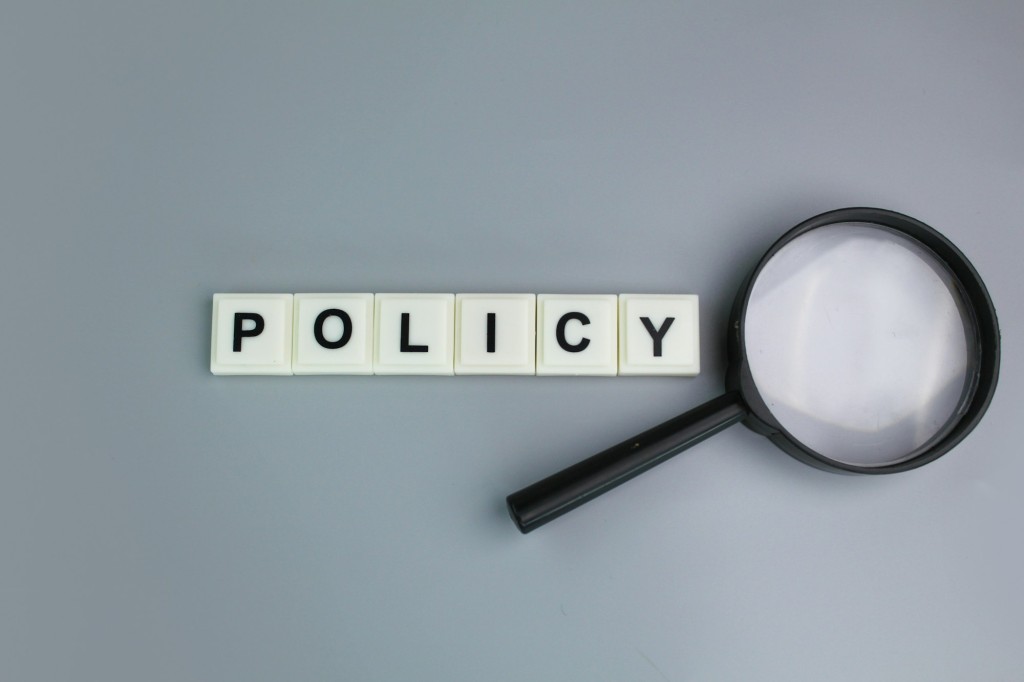
Policy changes are an integral part of any society’s growth and development. They shape the way governments function, address societal issues, and protect the rights and well-being of individuals. However, policy changes do not occur in a vacuum; they are influenced by various factors, including public opinion, advocacy groups, and political leaders.
One of the most effective ways to influence policy changes is through grassroots movements. Grassroots movements involve ordinary citizens coming together to advocate for a specific cause or issue. These movements often start at a local level but can gain momentum and spread nationally or even globally. One notable example is the civil rights movement in the United States during the 1960s.
The civil rights movement was characterized by peaceful protests, sit-ins, marches, and boycotts aimed at ending racial segregation and discrimination. Through their collective efforts, activists were able to bring attention to these injustices and push for significant policy changes such as the Civil Rights Act of 1964 and the Voting Rights Act of 1965.
Grassroots movements can be powerful because they demonstrate that change is possible when people come together with a shared vision. By organizing rallies or engaging in acts of civil disobedience, grassroots activists can capture media attention and generate public support for their cause. This increased visibility puts pressure on policymakers to address the concerns raised by these movements.
Another way to influence policy changes is through lobbying efforts. Lobbying involves individuals or organizations advocating for specific policies or legislation directly with elected officials or government agencies. Lobbyists often have expertise in their respective fields and use this knowledge to provide lawmakers with information that supports their desired policy outcomes.
While lobbying has been criticized for favoring wealthy interest groups over ordinary citizens’ interests, it remains an essential tool for influencing policy changes within democratic systems. Lobbyists play a crucial role in shaping legislation by providing policymakers with valuable insights, research, and data. They can also help build coalitions and alliances among different stakeholders to increase their influence.
However, it is important to note that lobbying efforts should be transparent and accountable. To ensure the integrity of the policymaking process, governments should implement regulations that promote transparency in lobbying activities. This includes disclosing financial contributions made to political campaigns or organizations and requiring lobbyists to register their activities.
In addition to grassroots movements and lobbying efforts, public opinion plays a significant role in influencing policy changes. Public opinion refers to the collective attitudes, beliefs, and preferences of individuals within a society. Policymakers often consider public opinion when making decisions as they want to maintain popular support.
Public opinion can be influenced through various channels such as media coverage, social media platforms, or public surveys. By raising awareness about an issue or mobilizing public support through these channels, individuals and organizations can shape policy agendas and push for specific reforms.
For example, the #MeToo movement gained widespread attention through social media platforms like Twitter and Facebook. Survivors of sexual assault shared their experiences using the hashtag #MeToo, leading to a global conversation about sexual harassment and assault. This increased awareness prompted policymakers worldwide to address these issues more seriously by implementing policies aimed at preventing workplace harassment and protecting survivors’ rights.
Influencing policy changes requires concerted efforts from individuals and organizations alike. Grassroots movements provide a platform for ordinary citizens to come together with a shared vision for change. Lobbying efforts allow experts in specific fields to advocate directly with policymakers using evidence-based arguments. Public opinion shapes policy agendas by raising awareness about pressing issues and mobilizing support for specific reforms.
By understanding these different avenues for influencing policy changes, individuals can actively participate in shaping the policies that govern their societies. Whether it is through joining grassroots movements or engaging in lobbying activities or simply voicing opinions on social media platforms – every individual has the potential to make a difference and contribute to positive policy changes.
